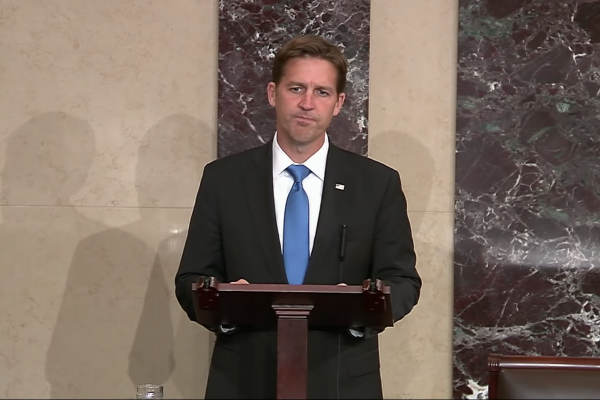Oct 9, 2018
Like Sasse, moderate pastors who don’t want to upset the conservatives in their churches find themselves talking about how “all of us” are broken. How “all of us” are to blame. They talk about how social media is hurting us. How a broken sexual ethic is hurting us. And if the sexual abuse victims sitting in their congregation are anything like me, they are thinking, “No. A man hurt me.”
Read the Full Article

Already a subscriber? Login
